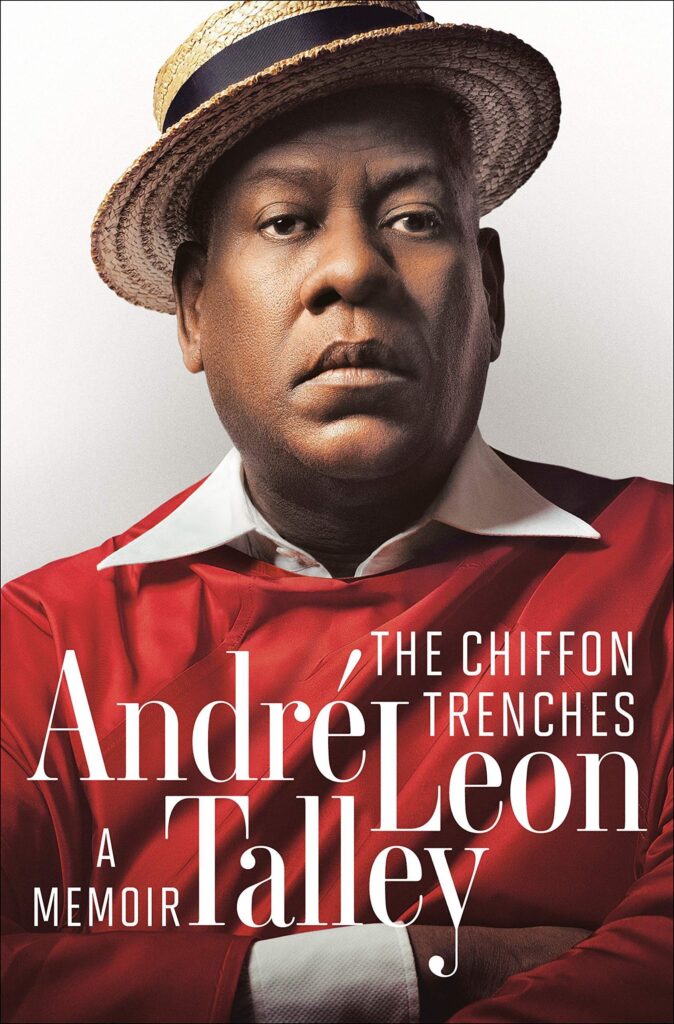
Being gay in Los Angeles during the 1920s could lead to social isolation, negative business implications, and even legal prosecution for sex crimes. It couldn’t, however, stop a wealthy philanthropist from bequeathing his fortune to a handsome former salesclerk and would-be movie star: That’s the pivotal incident in the jawdropping family story uncovered by author Liz Brown, whose great-granduncle, Harrison Post, is the titular enigma of Twilight Man: Love and Ruin in the Shadows of Hollywood and the Clark Empire (Penguin, $17.) Post was the not-so-secret lover of William Andrews Clark, himself heir to a Montana copper fortune, who helped fund the launch of the LA Philharmonic and the Hollywood Bowl. Ironically, it was Post’s own family—not Clark’s—that swooped in like vultures when he inherited millions; his sister snatched it and fled to Mexico. Post himself ended up in Europe, imprisoned by the Nazis before fruitlessly pursuing his stolen bounty. Author Brown, herself a lesbian, has exhaustively researched her ancestor’s twisted tale, driven by an urge to reveal hidden queer lives. And if her account suffers somewhat from an overabundance of detail, its storyline never fails to fascinate. More gay books of note.

Why has David Berkowitz, the serial killer known as Son of Sam who haunted New Yorkers’ dreams in the late 1970s received so much media attention over five decades—books, feature films, documentaries—while a more recent mass murderer in that city has been almost entirely forgotten? Unfortunately, its fair to assume it’s because, while Berkowitz preyed on young women, Richard Rogers claimed middle-aged gay men as his victims—and because he did so during the late 1980s and early 1990s, when news coverage of gay men was almost exclusively dedicated to stories about AIDS. Journalist Elon Green’s Last Call (Celadon Books, $27.) provides a long overdue deep dive into Rogers’ crimes and his innocent victims, some of whose deaths might have been avoided through more serious investigative attention from law enforcement agencies more empathetic to the queer community. Rather than building a Hannibal Lecter-like mythos around a killer, as so many crime authors have done, Green focuses on the reality of the men he murdered; men whose partially closeted lives made it more difficult to investigate their deaths. True crime fans will find lots of gory detail and investigative procedural here, but they’re tempered by pathos and social awareness often lacking in the genre. Last Call will be all the creepier for some readers because of scenes take place in New York and Philadelphia bars that are still open for business today. Further gay reading.

As the creative director of Vogue during the magazine’s most influential years, caftan-clad André Leon Talley, was a fixture of the New York and Paris fashion scenes, an extremely rare African-American eminence in this rarified—and sometimes painfully race-conscious—world. Now out in paperback The Chiffon Trenches (Ballantine, $18.), Talley’s second memoir, after 2003’s A.L.T. (Choose the new book for a more complete picture), made industry headlines with its score-settling anecdotes about longtime mentor and professional benefactor Anna Wintour, who Talley describes as unceremoniously cutting off their friendship with no explanation; and about designer Karl Lagerfeld, a longtime confidante who he ultimately recasts as an extraordinarily manipulative and malevolent character. While those hissy cats are have been out of the bag for over a year now, they’re by no means the most compelling aspect of Talley’s story. Now 72, Talley is something of a tragic hero, having risen from a childhood in the Jim Crow south—where he was brought up by a maternal grandmother who allowed no white people into her house—to the heights of global couture, but not once having a significant sexual or romantic partner. The inner tension of his religious upbringing and his homosexuality ripples throughout the book and while seldom addressed in great detail weaves a dolorous tone beneath lots of superficial frivolity. More bios of note.
